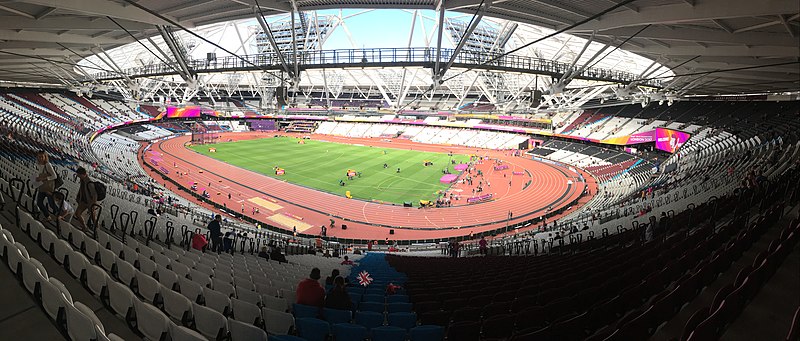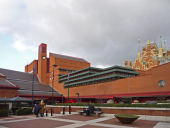
The London Stadium, which was built for the 2012 Olympics and now serves as the home of West Ham United, is about to undergo a transformation that will make it one of the most
energy-efficient sports venues in the world. According to recent reports, the stadium is set to be wrapped in a solar membrane that will enable it to generate its own energy and reduce carbon emissions.
The project, which is expected to cost around £4 million over the first two years, has been designed to pay for itself within five years. The work is set to start on the east London site later this year, and the building could be generating energy by the end of 2024.
The stadium's owner, the London Legacy Development Corporation (LLDC), is keen to showcase cutting-edge technology with the project. The key driver for the initiative is to reduce carbon emissions, in line with the mayor of London's commitment to turn the city into a "zero carbon" metropolis by 2030.
Sadiq Khan, the mayor of London, has praised the scheme, with City Hall agreeing to contribute £45,000 towards a feasibility study and business case for the project. The LLDC's latest budget documents estimate that the new technology could generate around three million kilowatts of power each year.
Stuart Dossett, a senior policy advisor at the environmental think tank Green Alliance, described the initiative as "great news". He said that it was encouraging to see an iconic building like the London Stadium leading the way in promoting a greener future. He added that solar technology was a quick and cheap way to produce clean energy to power buildings, and that the sooner the use of renewables is expanded, the sooner bills and carbon emissions can be slashed.
The London Stadium is not the first sports venue to embrace solar energy. In recent years, many stadiums and arenas around the world have installed solar panels in an effort to reduce their carbon footprint and energy bills. In the UK, for example, the Ricoh Arena in Coventry, the Eton Dorney rowing lake, and Lord's Cricket Ground in London have all installed solar panels.
The benefits of solar energy are clear. Unlike fossil fuels, solar power is renewable and emits no harmful greenhouse gases. This means that it is an environmentally friendly way to generate energy, and can help to reduce a building's carbon footprint. Solar energy is also becoming increasingly cost-effective, with the price of solar panels falling rapidly in recent years.
The London Stadium's solar membrane is an ambitious project that will require significant investment, but it is a clear example of the benefits of embracing renewable energy. As more and more buildings and venues turn to solar power, it is clear that the future of energy is green. Photo by andrewrendell, Wikimedia commons.








































